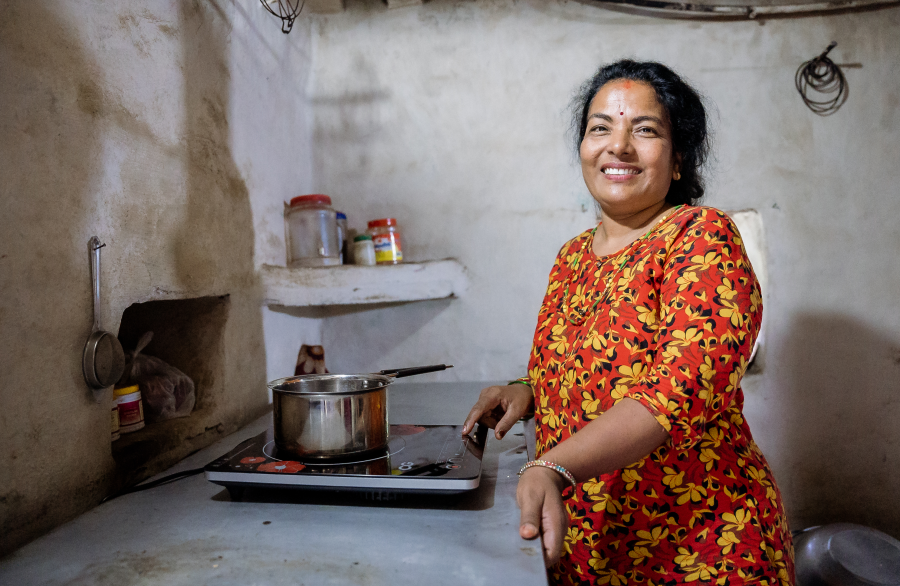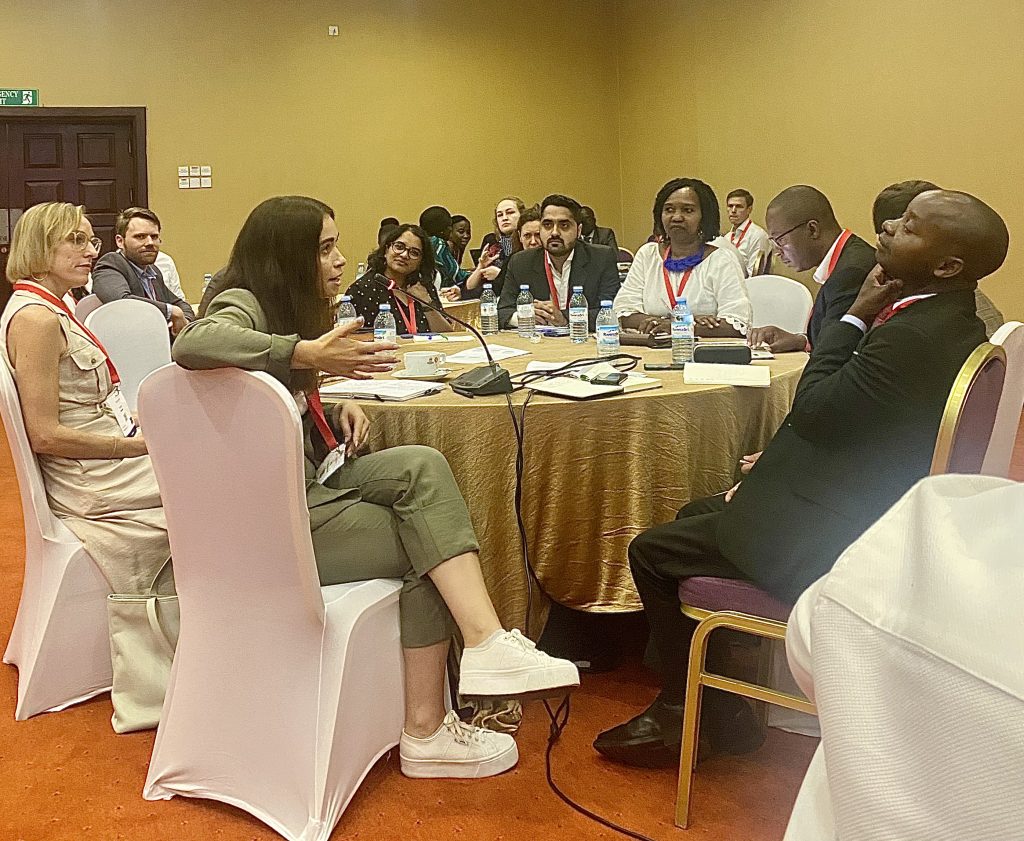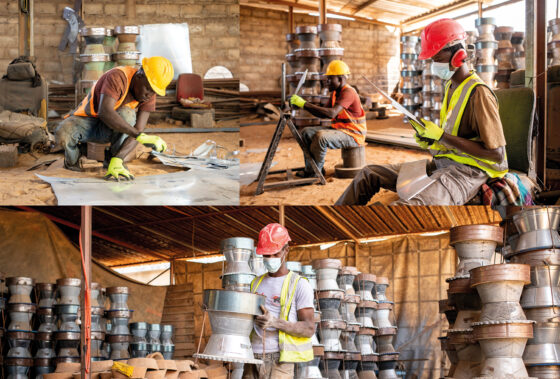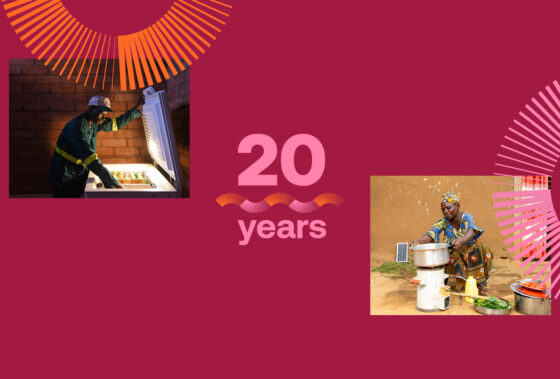A Decade of RBF Experience

As 2030 comes closer, scalable approaches to maximize the impact of our work in the field of energy access are more important than ever. For a decade, one of EnDev’s key instruments to overcome market barriers and incentivize companies to innovate on business models and products has been Results-based Financing (RBF).
EnDev’s pioneering RBF journey began with the so-called RBF Facility, funded by UK Aid through the Foreign, Commonwealth & Development Office (FCDO). This large-scale facility piloted 17 projects across 14 countries in Africa, Asia and Latin America from 2013 to 2020. Projects covered a wide range of modern energy technologies to enhance energy access markets. The Facility showcased that RBF as an instrument is fit for triggering market development in different market development stages as well as different country contexts. From the outset, the RBF Facility was designed to be a knowledge hub: Thus, EnDev published several learning products, including a thorough Lessons Learnt Report, a publication on verification or stories from different entrepreneurs.
After the end of the RBF Facility, EnDev’s country projects continue to work with RBFs. With more than 50 different past and present RBF projects, the instrument has become an integral part of EnDev’s toolbox, complementing the more traditional instruments of technical assistance. Within its portfolio, EnDev continues to push the boundaries of RBF and seeks to test innovative approaches. These include, for example, RBF projects in the context of market development, leave-no-one-behind / pro-poor approaches, results on impact level (see for example the SIINC project) or in the area of Productive Use of Energy (PUE).
To tap the full potential of RBF, it is crucial to exchange on the dos and don’ts and the success factors for scaling up. Platforms such as a session on RBF and its impact on access to finance hosted by the End User Subsidy Lab at the recent Unlocking Solar Capital (USC) Africa in Kampala, Uganda, are essential to discuss challenges such as complex verification processes, eligibility criteria or coordination between programmes to improve RBF’s catalytic role for the sector. As EnDev strives to contribute to the future of RBF with further projects, such knowledge sharing remains crucial as we move towards 2030.

© GIZ

